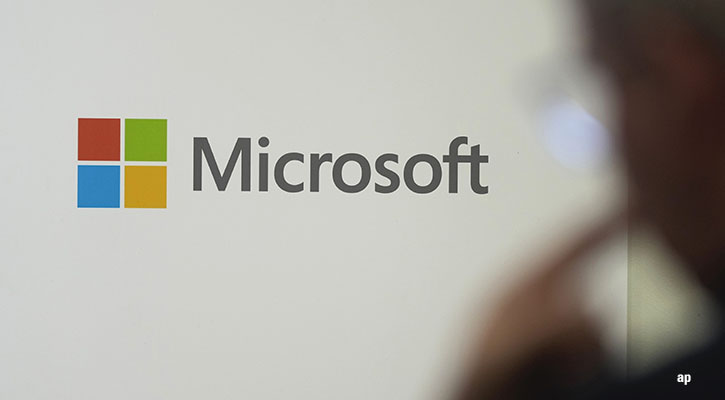
G4S (GFS) is the largest security provider in the world, with estimated market share of around 12% in a highly fragmented market. Its primary business activities centre around providing manned and mobile guarding, security systems, and cash-management services. The company also provides outsourcing services for governments, such as back-office systems for police services, employment support services, and even the management of entire prisons.
Having spent several years at the beginning of the decade overextending itself into areas removed from its core competencies, G4S is now focused on its primary businesses and driving revenue and margin growth through upselling to its clients and providing more value-add services. Examples of this can be seen in “Cash 360”, a program in which G4S effectively assumes the back-office functions for retailers, recycling cash within their business, thus reducing the need for external collection and counting services, as well as working-capital requirements.
Other value-add services include risk consulting, in which G4S analyses the current setup of companies and advises on and provides solutions to operational risks that the companies are exposed to. These activities not only allow G4S to enhance margins above those from basic services, but also enable it to differentiate itself from smaller peers with inferior capabilities.
Over the longer term, we believe G4S can benefit from several structural trends. Corporations' increasing focus on operational risks and an increased disposition toward outsourcing of noncore operations should incrementally boost activity in G4S’ higher-margin offerings, such as risk consulting and security systems. Similarly, rising levels of travel have resulted in increased exposure to potential disease pandemics and international terrorism.
This has led to airports and transit centres continually looking to increase and improve security measures, which, while good for the security industry, particularly benefits firms like G4S with high-end knowledge and capabilities.
Does G4S Have a Sustainable Competitive Advantage?
The idea of an economic moat refers to how likely a company is to keep competitors at bay for an extended period.
While we believe that certain elements of G4S’ business have moaty qualities, its large exposure to manned guarding, which we see as a no-moat business, leads us to attribute a no-moat rating to the company.
In traditional manned guarding and facilities management, which comprises over 50% of G4S’ revenue, barriers to entry are low, with operating licenses easy to come by, and the level of training and expertise required by staff is generally quite low, with brief training courses provided in many cases.
This business is highly relationship-based, leading to retention rates historically above 90%. Property managers and building operators are generally reluctant to switch suppliers, as this can entail a potential risk of business disruption; however, in the majority of cases, the service provided by G4S is highly commoditised, and as such, price remains a key factor in the client’s decision.
We believe this means the supplier holds little pricing power, which is reflected in G4S’ operating margin averaging below 6% over the past decade. While this paints a relatively downbeat picture of this business, secure solutions also encompass higher-value activities such as airport security; unlike in the US, where the Transportation Security Administration, or TSA, is the operator, this is privatised in Europe.
While fast-growing, these activities remain a smaller part of the secure solutions business. The cash solutions market is more consolidated than that of manned guarding, with five firms controlling 50% of the global market. Changing suppliers in the cash-in-transit business also carries a higher risk of business disruption than manned guarding, with the immediate loss of significant cash a risk that most businesses don’t take lightly.
In its most basic form, CIT involves the pickup and drop-off of cash from retailers to banks, with contract lengths ranging from one to two years. For larger clients, such as banks, contracts can be as long as three to four years. As such, client retention rates can be even higher than in manned guarding.
The integration of additional value-add services, such as cash-automated systems, can extend contract lives to five years, similar to those in the integrated services business, while also increasing the stickiness of the relationship with the client. We tend to view this business, which generates around 14% of group revenue, as warranting a narrow moat. For care and justice services, which comprise around 8% of group revenue, we believe a wide moat rating is warranted.
These diverse service offerings, which include the management of entire prisons and the management of back-office operations for regional police departments, are in many cases mission-critical, with an extremely high cost of failure.
Despite the UK government first privatising prisons in the 1990s, the market remains tightly controlled and highly consolidated with only three operators; G4S, Serco, and Sodexo, managing a total of 14 prisons, just under 20% of the total prisoner capacity in the UK. Prison contracts can be as long as 20 years and boast extremely high renewal rates, with governments only switching operator in cases of extremely poor performance.
Similarly, in the management of back-office systems for police departments, contracts last five years on average and carry high renewal rates, as the risks associated with switching suppliers far outweigh any potential cost saving.


























